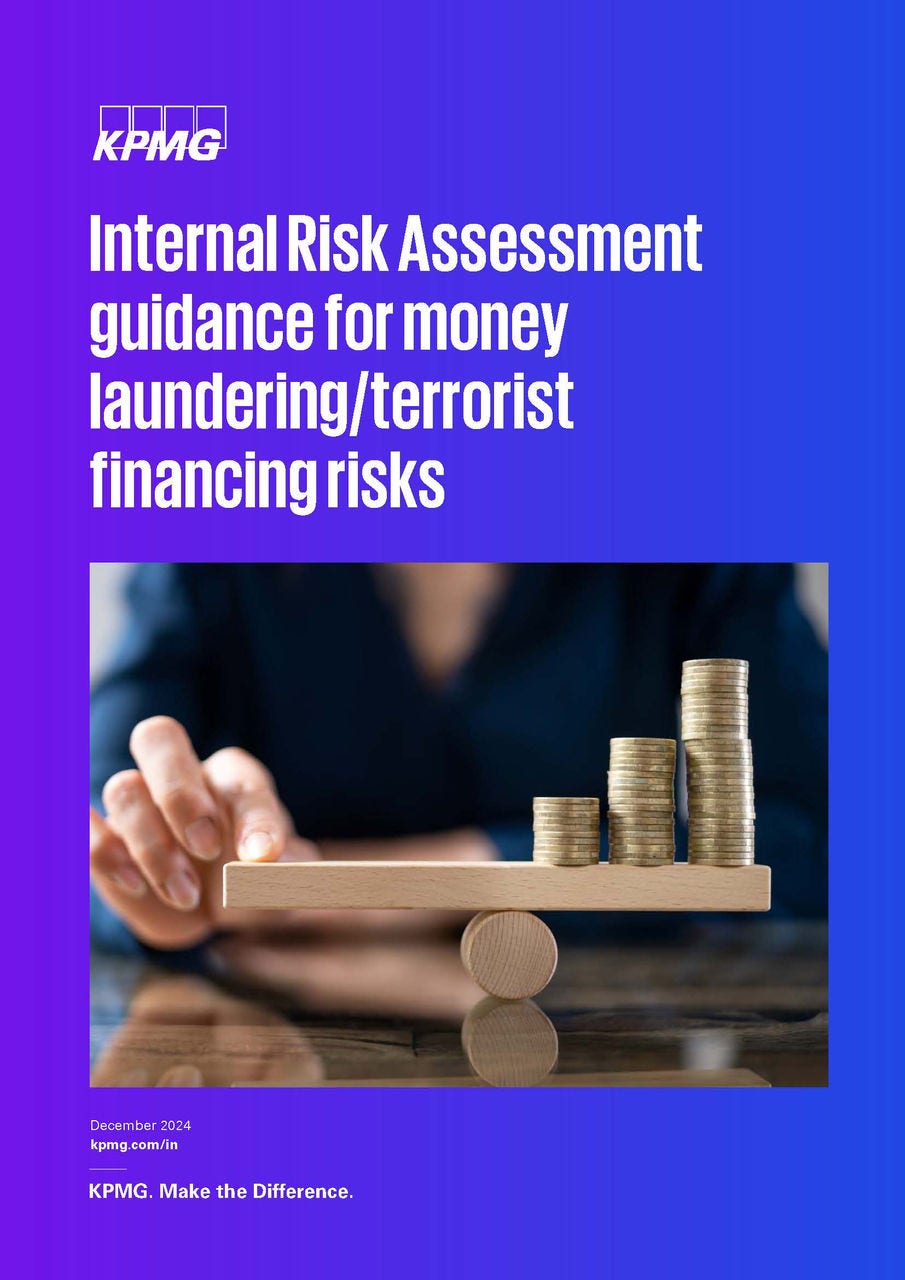As per the Reserve Bank of India’s KYC Master Direction, 2016, banks and other regulated entities (REs) are required to conduct internal risk assessments (IRA) to detect, assess, and mitigate risks associated with money laundering (ML), terrorist financing (TF), and proliferation financing (PF). In this regard, RBI on 10 October 2024 came up with a comprehensive list of guidelines on internal risk assessment for money laundering (ML) and terrorist financing (TF) risks for banks, NBFCs and regulated entities (REs) to assess and mitigate risks related to money laundering, terrorist financing, and proliferation financing across clients, countries or geographic areas, products, services, transactions, or delivery channels. The guidance note issued by the central bank lays down the foundation, methodology and follow-up actions to be taken into consideration by the REs while conducting their internal risk assessment procedures.
Key drivers for the guidance
The guidance note is a welcome move from the RBI as it makes AML/TF risk assessment process more streamlined. It equips the financial institutions to manage not just today’s risks, but also anticipate and mitigate future challenges in the ever-evolving landscape of financial crimes. Moreover, the adoption of a risk-based approach, detailed methodology for risk identification, and the inclusion of proliferation financing risks align Indian financial institutions with international standards.
Internal Risk Assessment guidance for money laundering/terrorist financing risks
RBI's 2024 guidelines enhance AML/TF risk assessment for financial institutions, aligning with global standards and addressing sector-specific risks

Key Contact
Access our latest insights on Apple or Android devices


